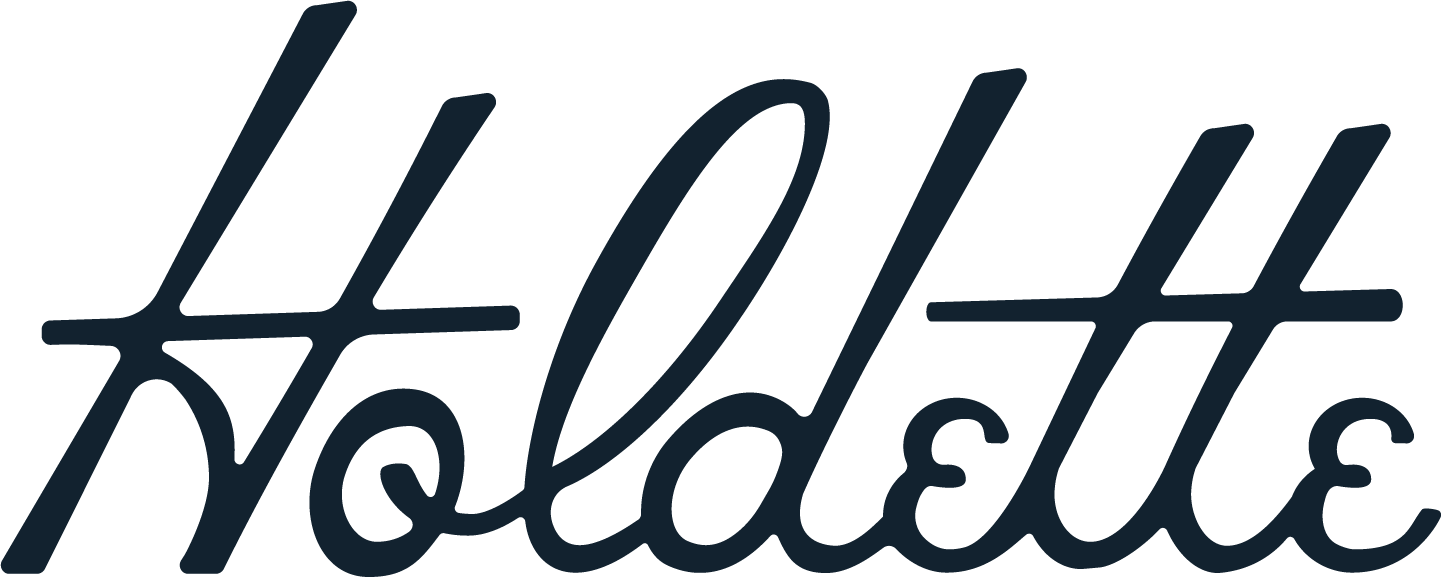HOW TO GET EXPERIENCE WHEN NO ONE WILL HIRE YOU
How much experience do you need for an entry level position? I graduated from college in May 2020 and began an active job search, which included a healthy amount of rejection. Throughout this process, the feedback I received was the same. “We went with the person with more experience.” Although I understand that, as someone who had a multitude of internships throughout college and held multiple leadership positions in my extracurriculars, I kept asking myself, how much experience do I need for an entry level position?
Sign up to read this post
Join Now
